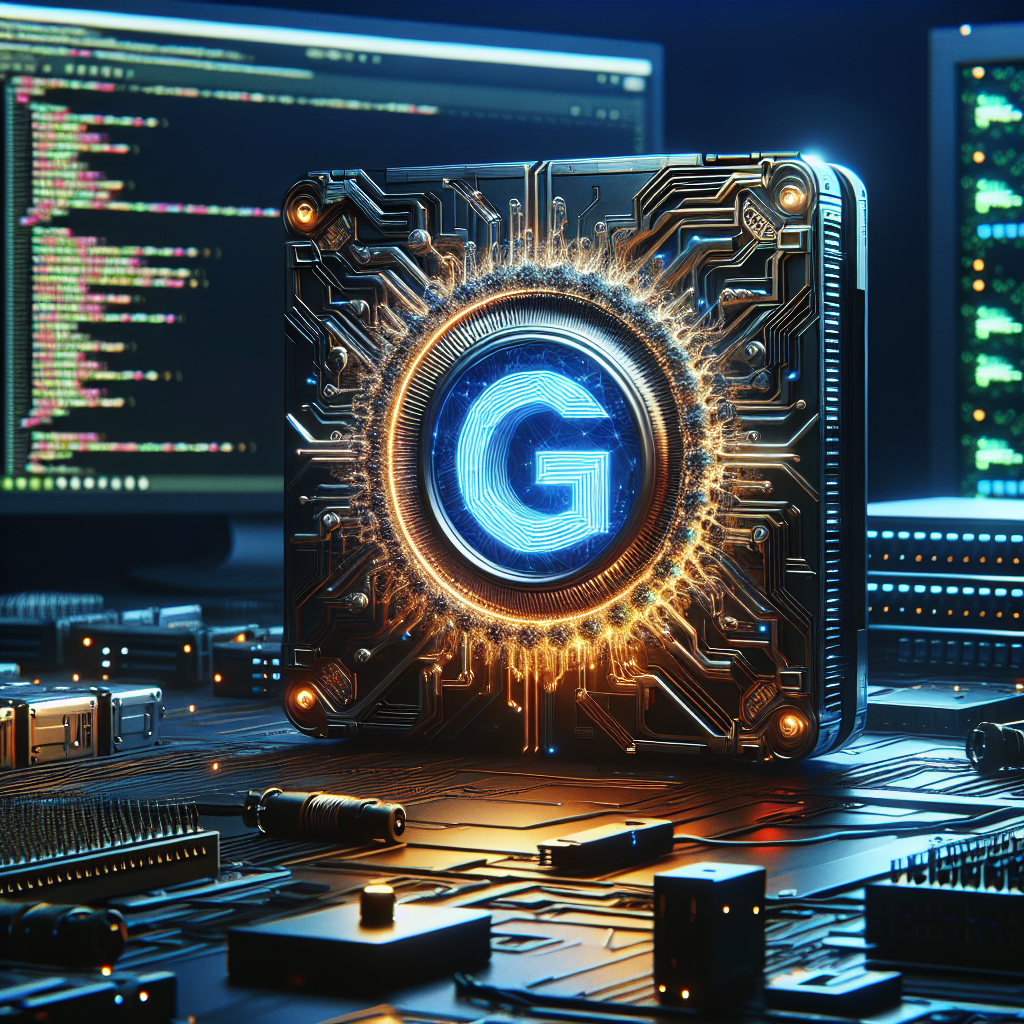August 29, 2024
GameNGen: Google’s Revolutionary AI-Driven Game Engine
Book a Demo
Google is making significant strides in the global gaming industry, particularly with its AI-driven game engine, GameNGen. This technology is capable of generating real-time gameplay for the classic game, Doom, completely bypassing the need for a traditional game engine. This remarkable breakthrough stands out as it can produce playable gameplay at 20 frames per second on a single chip. This advancement marks a notable stride forward in AI technology.
The shift to AI-driven game engines such as Google’s GameNGen could potentially revolutionize the $200 billion global gaming industry. By significantly reducing development time and costs, this technology could open up possibilities for the creation of new game genres.
There’s more to GameNGen than meets the eye. The potential uses of this technology extend beyond the realm of gaming. It could potentially impact industries like virtual reality, autonomous vehicles, and smart cities where real-time simulations are crucial.
However, despite these impressive advances, there are still challenges that persist. One of the primary issues includes the need for more computational power for graphically intense games. Moreover, there is also the complexity of developing a versatile AI game engine that is capable of running multiple games.
GameNGen, powered by a neural model, can simulate the classic game DOOM in real-time with high quality, producing over 20 frames per second on a single TPU. The training process of GameNGen involves two phases: initially, an RL-agent is trained to play the game and record the sessions. Following this, a diffusion model is trained to generate the next frame based on the sequence of past frames and actions.
To maintain visual stability over long periods, Gaussian noise is added to encoded frames during the training of a small diffusion model, Stable Diffusion v1.4. This model is conditioned on a sequence of previous actions and observations. This unique approach contributes to the robustness and efficiency of the GameNGen engine.
Google’s GameNGen stands as an impressive development in the gaming industry and beyond. While it still has hurdles to overcome, the potential for this AI-driven game engine is immense and its impact could be far-reaching.



